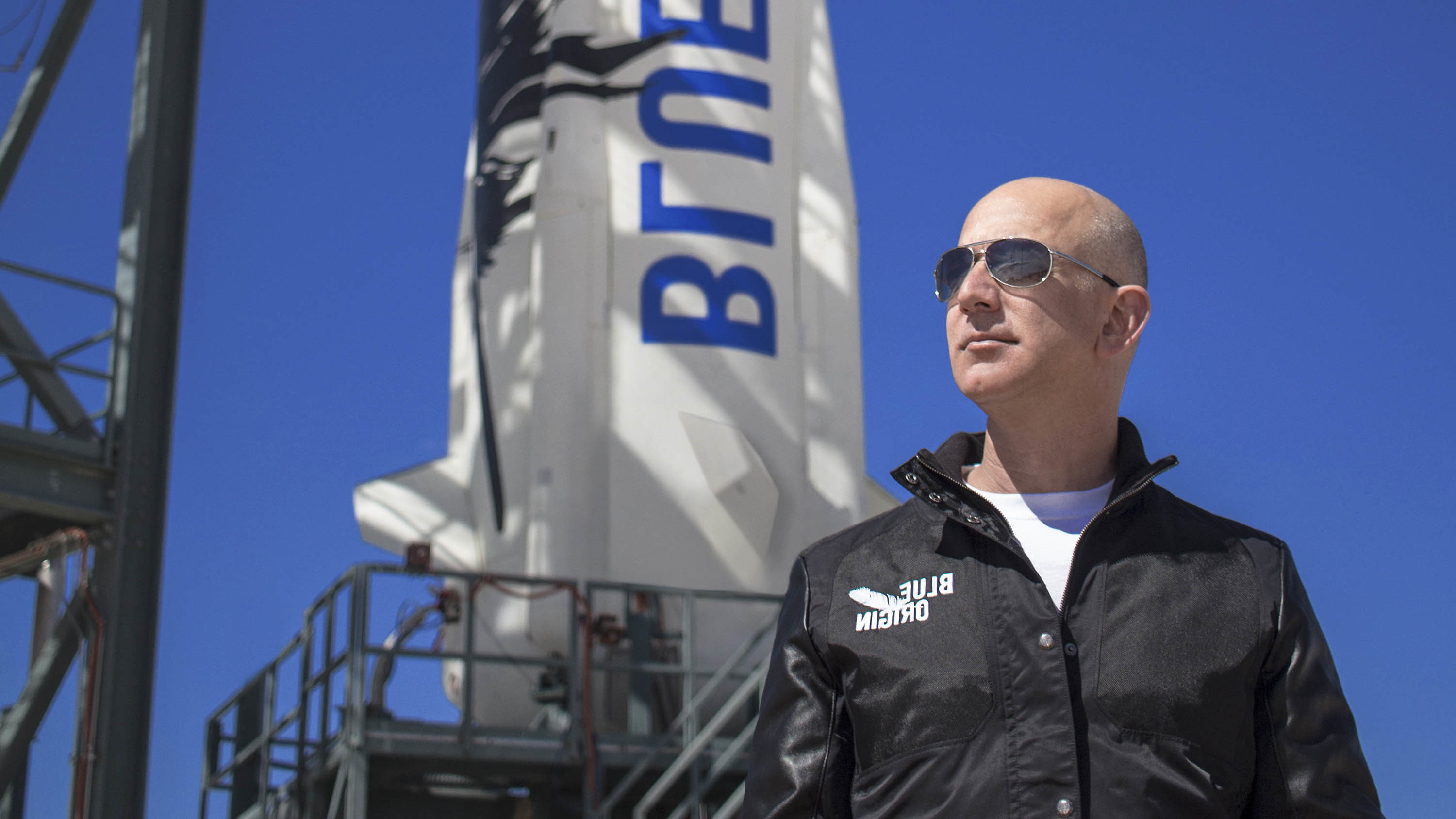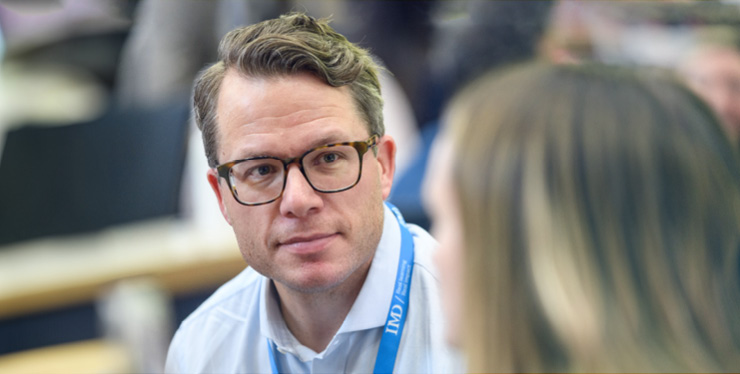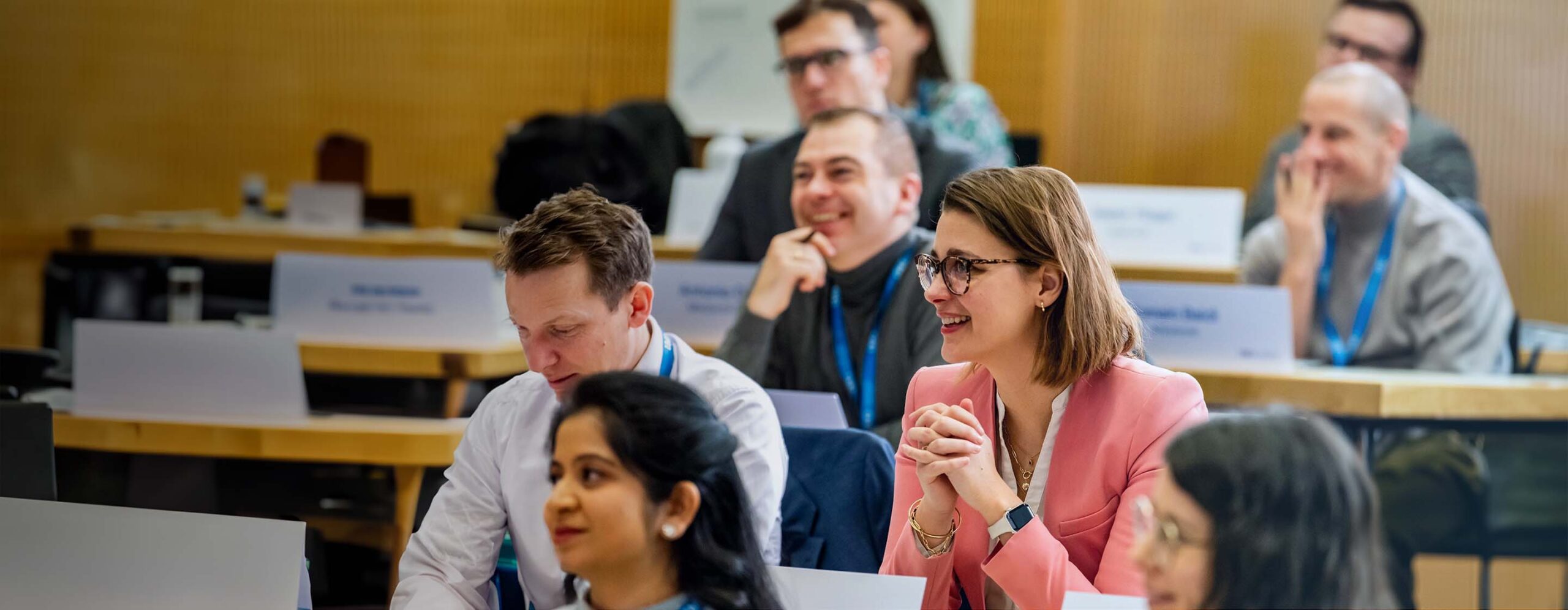

Ben Bryant
Professor of Leadership and Organization
Ben Bryant is Professor of Leadership and Organization. He was previously the Kristian Gerhard Jebsen Chair for Responsible Leadership. He is also Program Director of the Transformational Leader program. He is a highly skilled educator, executive team coach, and speaker. He works with a wide range of CEOs and their executive teams and presents his research at many leading academic institutions.
For more than 20 years, he has accumulated extensive experience in the facilitation and development of senior executives at IMD Lausanne, London Business School, and the Australian Graduate School of Management. He has worked globally in Europe, the US, Asia, and Australia for a wide range of leading companies including Oracle, LVMH, Daimler, Maersk, Adecco, Mars, British Telecom, GlaxoSmithKline, Zurich Financial Services, Standard Chartered Bank, Emirates Airlines, Mahindra, and Danish Broadcasting. He has also worked closely with numerous smaller entrepreneurial businesses.
Bryant’s models and frameworks of leadership have been used in the development of top teams, senior and mid-level executives, and in the development of strategy, execution, and change. His research into cultures of innovation has been used to guide organizations to generate new sources of value creation.
He frequently works with senior teams to help them build a climate of trust, openness, challenge, and commitment. He is passionate about helping managers to reduce boundaries created by functional silos and national borders and to manage conflict and tension. His research also focuses on the reflective capabilities and the “mindfulness” of leaders in complex organizations and the capacity of leaders to learn from experience and context.
Bryant has a PhD in organizational change from the University of London (London Business School) as well as an MBA from the University of NSW and undergraduate degrees and diplomas in sociology, psychology, philosophy, history of education, French language literature and culture, music, and humanities.
You must avoid two common extremes in reacting to events. How you respond to the world can affect how fast your company responds to an economic downturn. Decision makers often suffer from poor atte...
In an ever more globalised business environment, how car culturally diverse teams learn to work together? The authors report on an unusual leadership development programme that has helped one globa...
Conversation is the central mechanism for co-ordinating business activity across an organiation. The authors argue that, when discussions are properly managed and exploited, they give companies a b...
To be innovative, organisations need to tear down the barriers that prevent the implementation of new ideas. How? By disrupting the way they work and bringing surprise and tension into the workplac...








